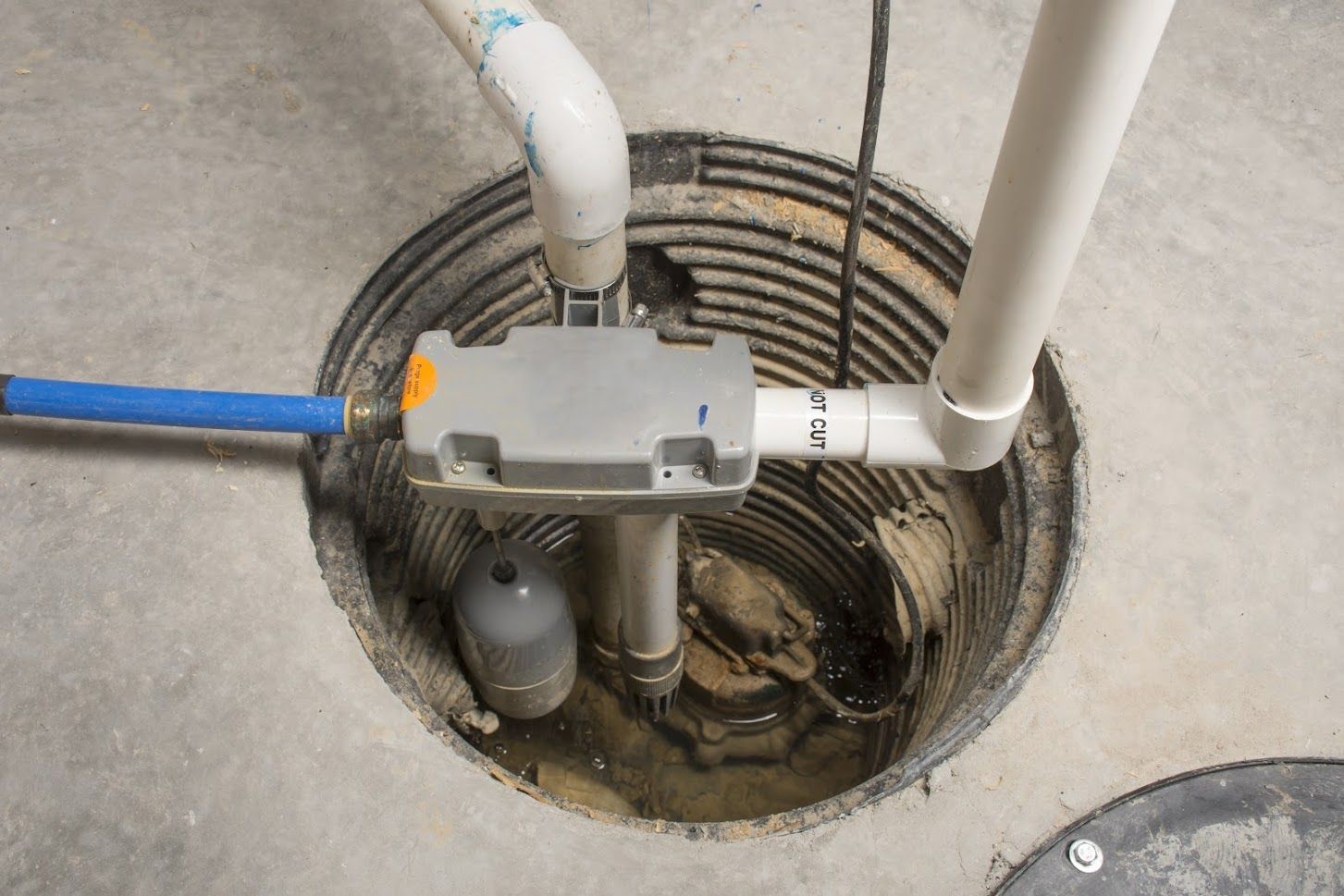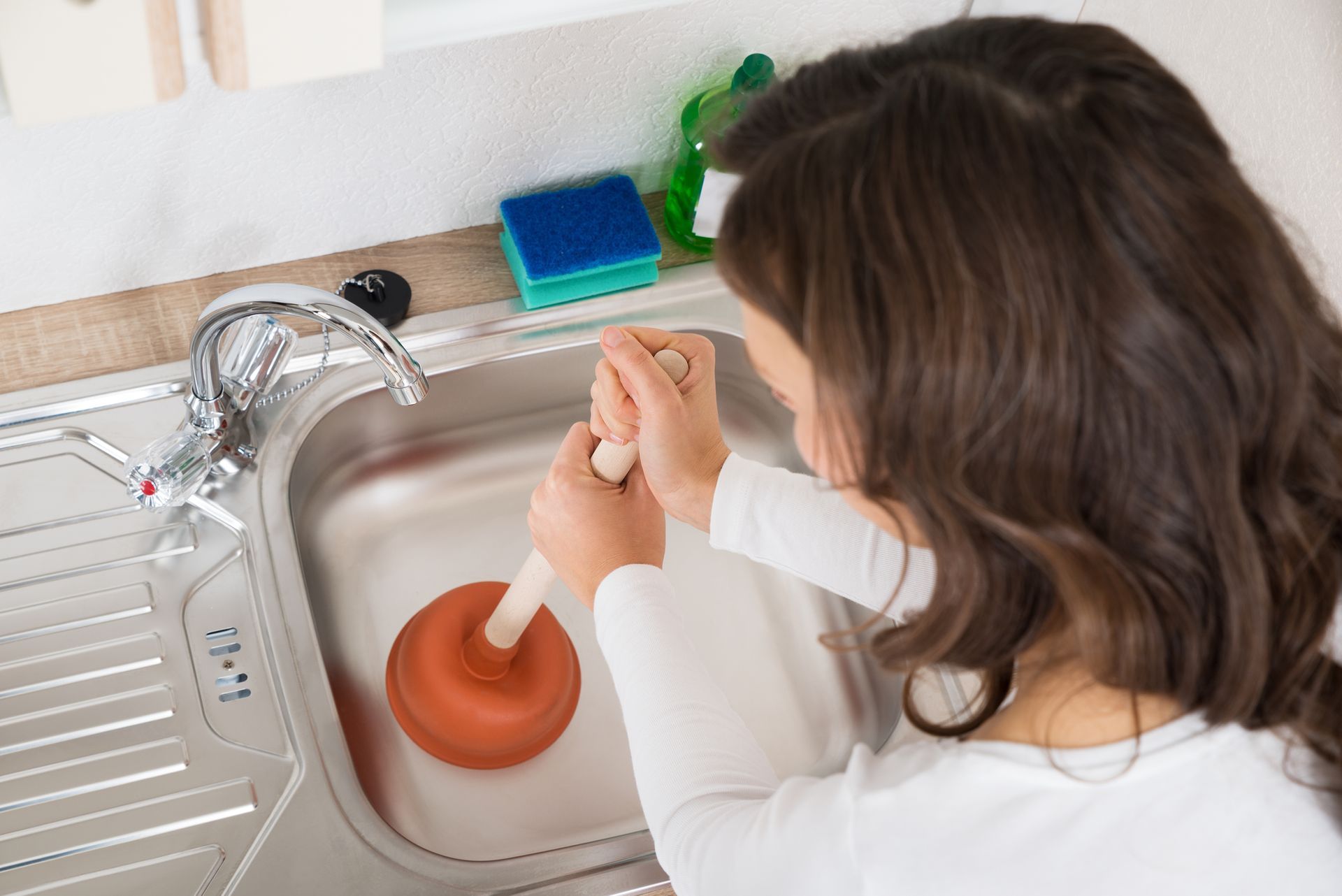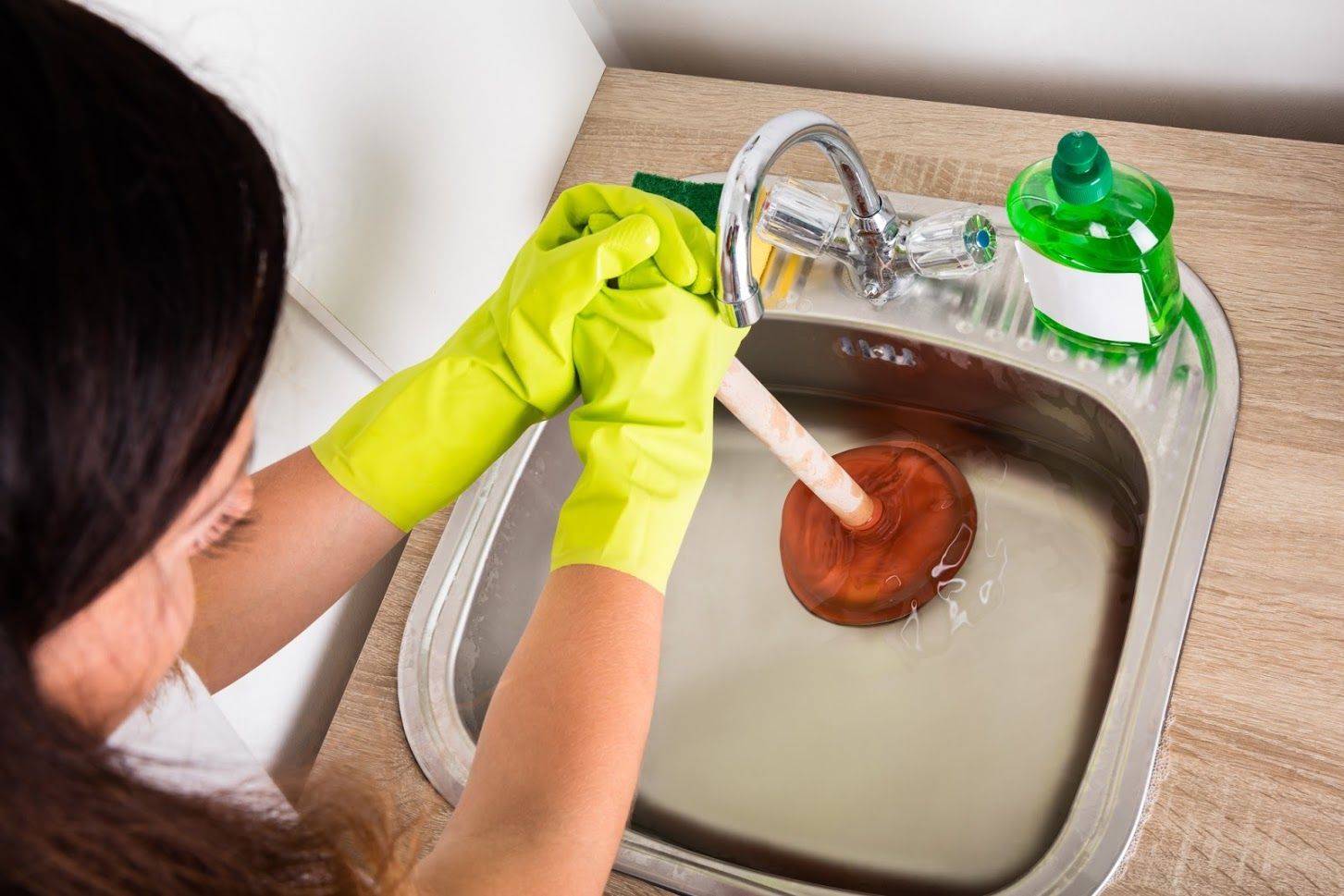What’s That Smell? 3 Reasons Your Drains Might Stink
Is it time to replace your old water heater? Instead of having another conventional water heater installed, consider buying a tankless water heater for your home instead. Here are three good reasons to switch to a tankless water heater.
1. You Want to Use Less Energy
A traditional water heater holds a quantity of water in a tank and keeps that water at a set temperature. The electric elements or gas flames in the conventional water heater must turn on intermittently all day and night to keep the water ready to use.
A tankless water heater doesn’t have a holding area for water. Instead, cold water enters the heater, is heated by gas or electric elements, then exits shortly after being heated. Tankless water heaters fire up and raise the water temperature only on demand, so the heaters aren’t running all day and night.
Depending on your water usage, you can save between 8 and 50 percent of your energy costs for hot water by switching to a tankless water heater. Experts claim that a typical family may save at least $100 per year by choosing an ENERGY STAR® rated tankless water heater.

A number of things can cause smelly drains, but these three are the most common sources of drain odors in residential properties.
- Dry P-Trap
If you look underneath the kitchen or bathroom sinks in your home, you will see a series of pipes that service the drains in these sinks. One section of pipe plays a particularly important role in protecting both your plumbing system and your home.
This section of pipe is constructed using two 90-degree pipes combined with a horizontal overflow pipe, and the section of pipe has the appearance of the letter P. Because of the shape of this pipe section, it is commonly referred to as the P-trap. A P-trap is designed to help prevent foreign objects from traveling deep into your plumbing system where they can create bothersome clogs.
A small amount of water remains in the P-trap at all times. This water acts as a barrier between sewer gases and your home. If the P-trap servicing one of your drains dries out, you may notice a foul odor coming from the affected drain. A plumber will be able to determine why your P-trap has dried out so you can prevent sewer gases from infiltrating your home in the future.
- Rotting Food
If the terrible odor filling your home originates in your kitchen sink’s drain, rotting food could be to blame. Kitchen sink drains handle a significant amount of food waste over the course of their lifetime.
Oils, grease, and fat that find their way into your kitchen sink’s drain can stick to the interior surfaces of the pipes that drain water away from your sink. As this buildup thickens, food particles can become trapped within it. Over time, the food particles begin to deteriorate and emit a rotting smell that wafts up and out of your drain.
It’s important that you invest in regular drain cleaning for your kitchen sink to avoid organic buildup within the drain pipes. Routine drain cleaning will prevent organic buildup and help to eliminate any bad smells coming from your kitchen sink’s drain.
Your plumber will be able to advise you the best way or best product that may help.
- Sewer Blockage
When you notice foul odors coming from multiple drains in your home, this is an indication that your sewer line could be blocked.
Raw sewage being sent down your home’s drains is unable to move past the blockage. As the sewage accumulates in the main sewer line, it can produce odors that filter back into your home.
Sewer gases can also cause foul odors to come from your drains. Blockages prevent sewer gases from remaining separated from your home. Some sewer gases can be detrimental to your family’s health. Sewer gases can even be combustible, putting the safety of your home at risk. Protect your home’s plumbing system and your family’s health by eliminating blockages from your main sewer line.
Strange smells coming from the drains in your home are an indication that your plumbing system is in distress.
Contact Quality Plumbing for help identifying and eliminating the source of foul drain odors in your home.








★★★★★
The total process from booking a service call, by phone, to the installation of a steel reinforced waterline hose on our refrigerator, was a pleasurable experience. A retired plumber recommended QP. Jeff had to pull out the refrigerator, remove the plastic waterline, install the new waterline, check to make sure the water dispenser was working and put the refrigerator back. Jeff was careful and mindfull of our wooden floor as the refrigerator was in a built-in cabinet. Since we live in a condo we want to eliminate all possibilities for a water leak. Jeff not only did his skillful job, he also educated us on the different water supply lines. I would recommend QP.
- Janeine G.
Button
★★★★★
Quality Plumbing did a rough-in plumbing install for a bathroom and kitchen sink in my basement. Very communicative, helped plan the space, and did a great job on the install. Will be using them again!
- Ian H.
Button
★★★★★
Called them when my water heater broke, they were over same day with a new one. Logan is great, he's fixed a couple things over the last year and is always professional and informative.
- Nick B.
Button
★★★★★
Quality plumbing is amazing 👏 when my brothers home had a problem with water pressure, they were able to schedule quickly, identify the problem and provide cost effective solutions quickly. When they did the work, they were on time on budget and cleaned up everything afterwards. Thank you for your great service Quality Plumbing! …
- Rich R.

★★★★★
Quality Plumbing is my go-to plumbing company for all my projects. I had one big project and after meeting Jeff, I’ve specifically requested him to come out for my other 2 projects. He’s incredibly punctual, efficient, and keeps the area nice and clean. Great to communicate with and provides clear answers to all my questions. Jeff is very professional and knowledgeable in his craft. Every time I call, Delaney will always pick up my phone calls and get me scheduled right away. Never had great success with plumbing companies until I started working with Quality Plumbing. They have unbeatable prices and will provide you with an honest solution to your problems. Highly recommend choosing Quality Plumbing!
- Alex D.
Button

★★★★★
The total process from booking a service call, by phone, to the installation of a steel reinforced waterline hose on our refrigerator, was a pleasurable experience. A retired plumber recommended QP. Jeff had to pull out the refrigerator, remove the plastic waterline, install the new waterline, check to make sure the water dispenser was working and put the refrigerator back. Jeff was careful and mindfull of our wooden floor as the refrigerator was in a built-in cabinet. Since we live in a condo we want to eliminate all possibilities for a water leak. Jeff not only did his skillful job, he also educated us on the different water supply lines. I would recommend QP.
- Janeine G.
Button
★★★★★
Quality Plumbing did a rough-in plumbing install for a bathroom and kitchen sink in my basement. Very communicative, helped plan the space, and did a great job on the install. Will be using them again!
- Ian H.
Button
★★★★★
Called them when my water heater broke, they were over same day with a new one. Logan is great, he's fixed a couple things over the last year and is always professional and informative.
- Nick B.
Button
★★★★★
Quality plumbing is amazing 👏 when my brothers home had a problem with water pressure, they were able to schedule quickly, identify the problem and provide cost effective solutions quickly. When they did the work, they were on time on budget and cleaned up everything afterwards. Thank you for your great service Quality Plumbing! …
- Rich R.

★★★★★
Quality Plumbing is my go-to plumbing company for all my projects. I had one big project and after meeting Jeff, I’ve specifically requested him to come out for my other 2 projects. He’s incredibly punctual, efficient, and keeps the area nice and clean. Great to communicate with and provides clear answers to all my questions. Jeff is very professional and knowledgeable in his craft. Every time I call, Delaney will always pick up my phone calls and get me scheduled right away. Never had great success with plumbing companies until I started working with Quality Plumbing. They have unbeatable prices and will provide you with an honest solution to your problems. Highly recommend choosing Quality Plumbing!
- Alex D.
Button








